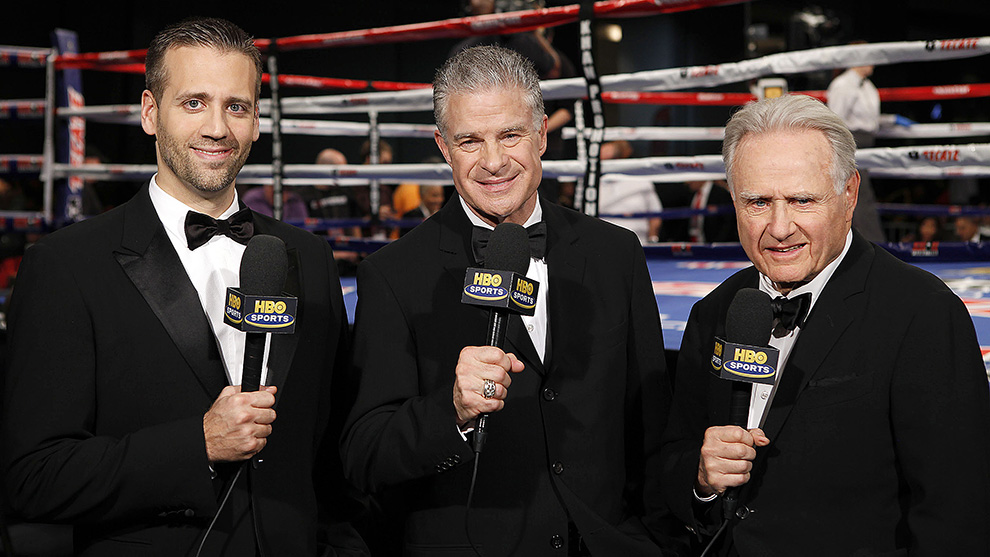This morning, motivated by feelings of self-loathing and guilt for never having pursued a career in boxing, I tried to recall each time I had been punched in the face. I only remembered a few instances that were painful but not too painful to remember. One was when I was 14 and got into a real fight at school after a playfight escalated. There were also several occasions at 16 when I sparred at a local amateur boxing club in Guildford. Further down the line, I experienced more punches during a sparring session at 21 in Northern Cyprus, delivered by three professionals. I also received a couple of sucker punches on football pitches, one at 23 when I was grounded and the other at 31 in a five-a-side game in London Bridge. Interestingly, a few weeks before the second blow, I got elbowed on the same pitch, resulting in a black eye that I proudly displayed at that year’s Sports Journalism Awards. It was during that event that I encountered a drunk woman who told me I looked like a boxing writer. Little did she know that the shiner I had was not from being punched in a boxing ring like a real man, but from winding up an opponent on a football pitch. Nonetheless, regardless of the origin of my black eye, it gave me a fleeting sense of validation that night, making me feel like a legitimate boxing writer.
Boxing is a unique sport that very few people engage in for fun or just to experience what it feels like. It’s not like football, cricket, or golf. There is a significant divide between those who have firsthand knowledge of fighting and the rest of the population. Therefore, describing or commenting on the experience seems like a task better suited for professional boxers who truly understand it. Boxers often voice this perspective, challenging others by asking how many fights they’ve had before criticizing or discussing certain aspects of the sport.
I’ve learned that it’s best to stick to what I know and only comment on what I can see rather than attempting to analyze or understand on a deeper level. I humbly acknowledge that firsthand experience in the ring would increase my knowledge and insight and grant me access to certain circles and opportunities. However, I also recognize that it could hinder my ability to think, reason, concentrate, remain objective, and communicate effectively through writing. I’ve spent time with boxers who excel at throwing punches but struggle with other aspects of life, and it has taught me that ring experience has its pros and cons.
Much of my knowledge about boxing came from men who made a living as boxers, but I also learned a great deal from individuals who were avid observers of the sport. Whether it was listening to experts commentate on HBO or reading articles in magazines like this one or Boxing Monthly, I educated myself about the sport through passionate fans and analysts. Back then, there was a strong emphasis on studying and learning, and it was an essential part of being a part of the boxing community.
However, nowadays, it seems that many new fans and even those working within the sport don’t put in the same effort to gain a deep understanding. The barrier to entry appears to be lower, and anyone can cover the sport by simply showing up with a camera and offering their opinions. This undermines the value of being a boxer and the significance of covering the sport. When the coverage of boxing is reduced to incessant tweeting, shallow banter, and baseless opinions, it’s no wonder that the qualifications and insights of those with a higher volume of content come into question.
When in doubt, I used to ask myself this: If someone suffered a heart attack on the street, would they rather have someone who had also experienced a heart attack or a medically qualified expert attending to them? The answer is clear. However, the issue in the world of boxing today is that instead of experts or dedicated students of the game, we have a swarm of followers waiting for someone to metaphorically collapse so they can stick a phone in their face and ask them how it feels, if it hurts, and if they have any last words. They will then use that phone to be the first to tweet about the time of death.
Overall, the level of understanding and dedication to the sport of boxing seems to have declined. While there are still passionate fans and knowledgeable individuals, there’s also a significant influx of casual followers who prioritize capturing the drama rather than truly appreciating and analyzing the sport.
Source link
